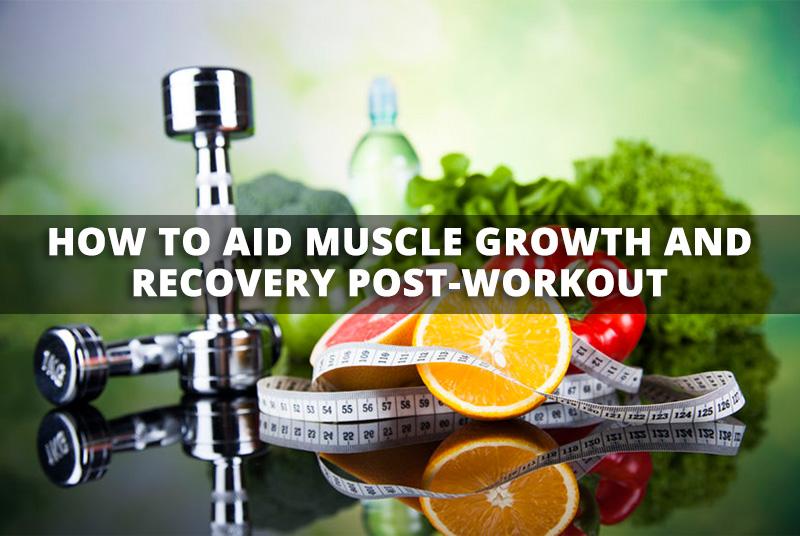There are so many products on the market to “help” you reach your workout goals. As we know, the diet and exercise industry is eager to sell you supplements. The question is: do we actually need them?
The real gains of exercise occur not during your workout but during your recovery. Recovery is when you repair the muscle that you have damaged during your exercise, build new muscles, replenish the energy that you have used, and clear out waste products as well. Allowing ample time for that recovery, and optimizing the things you need for recovery, are going to ultimately improve your results.
There are many things that impact your recovery, some of which you have no control over, like age and genetics, and other factors that you can control, like diet, sleep, stress, and disease. Let’s focus on what you can control.
DIET
Diet is, of course, the biggest factor in your results. Not only would I say 100% that abs are built in the kitchen, but that you need proper nutrition to give you adequate energy to exercise and to recover. I get a bit frustrated when it comes to giving nutrition advice, because I think most people focus on the wrong things- like they won’t eat an egg yolk because it is high in cholesterol, but will eat a basket of french fries without a second thought; or fruit is too high in carbs, but a cookie as a treat is ok.
A Paleo diet provides the perfect template for the most nutrient dense diet. Eating this way will likely result in weight loss, and give you the appropriate amount of nutrition to sustain a healthy workout routine. Certain nutrients, like zinc, magnesium, iron, and electrolytes are abundant in the Paleo diet and are necessary for hormone balance and testosterone production, muscle building, energy production and storage, oxygen use, and electrolyte balance, all important components in reaching your fitness goals.
If you have this diet dialed in and want to get into the nitty gritty of macronutrient balance, a good rule of thumb is that to build muscle you should consume around 0.7g of protein for every pound of body weight. I do feel pretty strongly that you get this from whole food sources, which would be from the highest quality of animal protein you can find and afford. You can certainly supplement with a whey protein supplement which, more than any other kind of protein supplement, has been shown to improve muscle adaptation. Just be mindful that these protein powders are ultra-processed “foods”, which are much inferior to whole foods for many reasons.

I like this electrolyte formula:

SLEEP
You also have control over several other lifestyle habits that affect recovery. Sleep deprivation and chronic stress can get in the way of your physique goals.
Lack of sleep can be particularly damaging. Getting adequate sleep helps regulate cortisol levels. Cortisol is a stress hormone, which when is excess, causes an increase in blood sugar levels which impairs weight loss and muscle growth. Sleep deprivation can wreak havoc on your balance, likely because if you miss out on sleep, you are missing out on your spike of growth hormone, which is ultimately in charge of not only growing muscle, but in repairing tissue damage. Exprets still believe that adults require 7-9 hours of sleep each night. If you aren’t getting that, call me and we can work on it together.
Stress is always high for most of us, especially now with political unrest and a pandemic. We also have the chronic stressors of life to deal with, like traffic and overcommitments. As I stated above, cortisol, the stress hormone, really blocks fat loss by converting muscle tissue into fat so that it is more readily available for the cells to use as energy. We want a healthy response to stress, in which cortisol levels will rise, then quickly return to normal. Of all of the stress management tools, I have found the most effective to be something called Heart Rate Variability Training. We carry a tool here in the pharmacy called HeartMath that improves heart rate variability in just 15 minutes of practice every day. Come in and ask me about it, because while it seems that exercise is a stress relief, it is also very stressful on the body. Stress management can be a game-changer not only in your recovery, but also your mood and your physical goals.
The bottom line is that the way to reach your fitness goals is by recognizing that it takes more than racking up hours in the gym and taking some well-advertised supplements. You have to take care of yourself in so many ways. A healthy diet, adequate sleep, and stress management play a huge role in improving your performance and your recovery, which will ultimately lead to a healthier, more muscular body.
Contact Dr. Klearman to learn more about any of the products mentioned above or for more information about optimizing your health.

